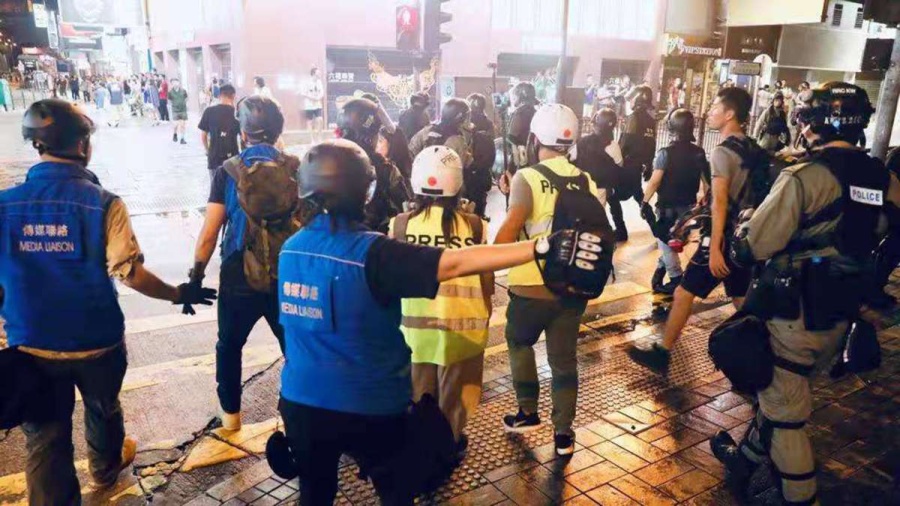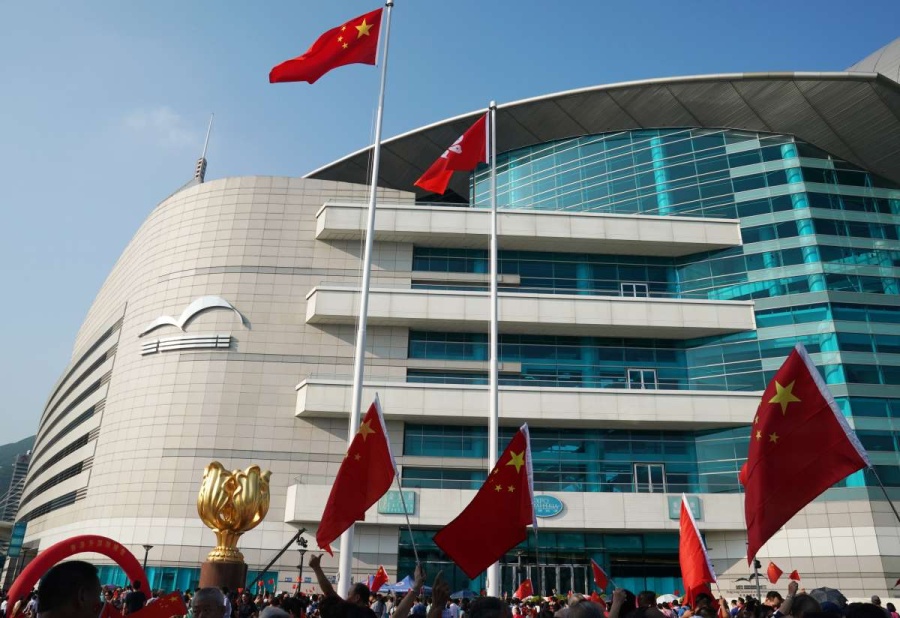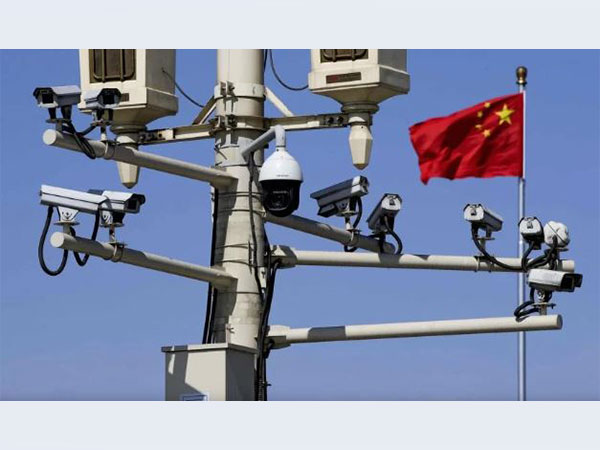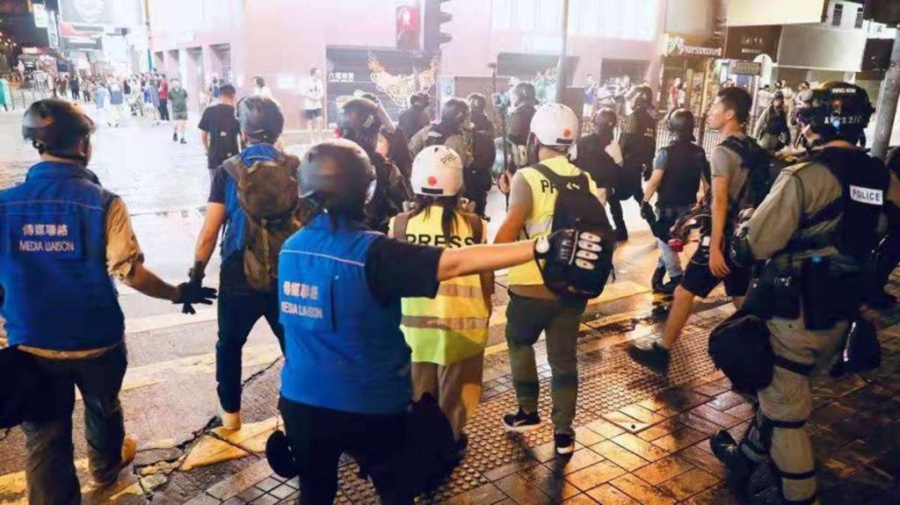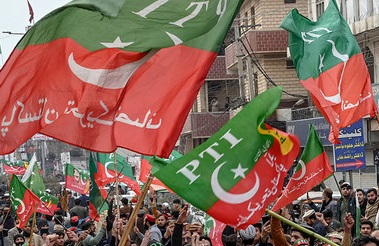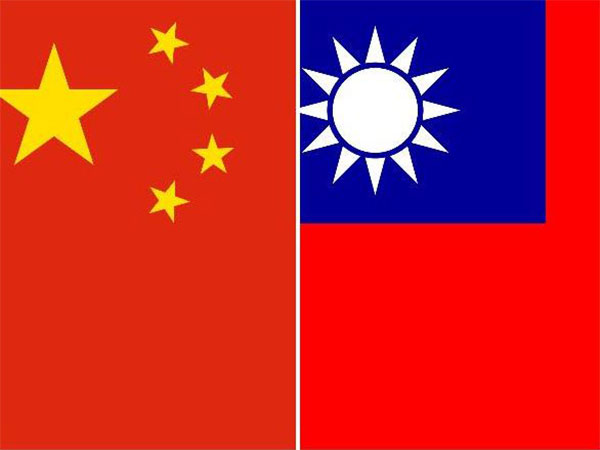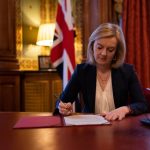The sentences, ranging from four years to 10 years, mark the culmination of the largest national security case in Hong Kong since the law’s enactment in 2020…reports Asian Lite News
In a stark demonstration of the tightening grip on dissent, Hong Kong’s High Court on Tuesday sentenced 45 pro-democracy activists to prison terms of up to 10 years under the controversial National Security Law imposed by Beijing.
According to the reports by Voice of America, the activists were accused of conspiracy to commit subversion for organising an unofficial primary election in 2020 to select opposition candidates for the Legislative Council. Authorities claimed the activists sought to paralyse the government by blocking budgets and forcing the city’s leader to resign.
The sentences, ranging from four years to 10 years, mark the culmination of the largest national security case in Hong Kong since the law’s enactment in 2020. Among those sentenced were prominent figures like Benny Tai (10 years imprisonment), Gwyneth Ho (7 years), and Joshua Wong (4 years and 8 months).
According to Maya Wang, associate China director at Human Rights Watch, the harsh sentences reflect the rapid erosion of civil liberties and judicial independence in Hong Kong since the National Security Law was imposed, Voice of America reported.
This case, analysts say, signals the end of meaningful political participation and discussion in Hong Kong.
Former pro-democracy district councillor Debby Chan told Voice of America that since the activists’ arrest in 2021, there have been no protests or public discussions, and the case has already silenced substantive political discourse. Experts fear that this trial will further restrict Hong Kong’s civil society, setting a dangerous precedent for future attempts at organising political activity.
Foreign governments have criticised the trial as politically motivated, urging Hong Kong authorities to release the activists, reported Voice of America.
However, Chinese and Hong Kong authorities defend the National Security Law as necessary to restore order after the pro-democracy protests of 2019. Despite this, there are mounting concerns over the treatment of the activists, some of whom are suffering from health issues and some were even denied the chance to visit sick relatives. (ANI)


